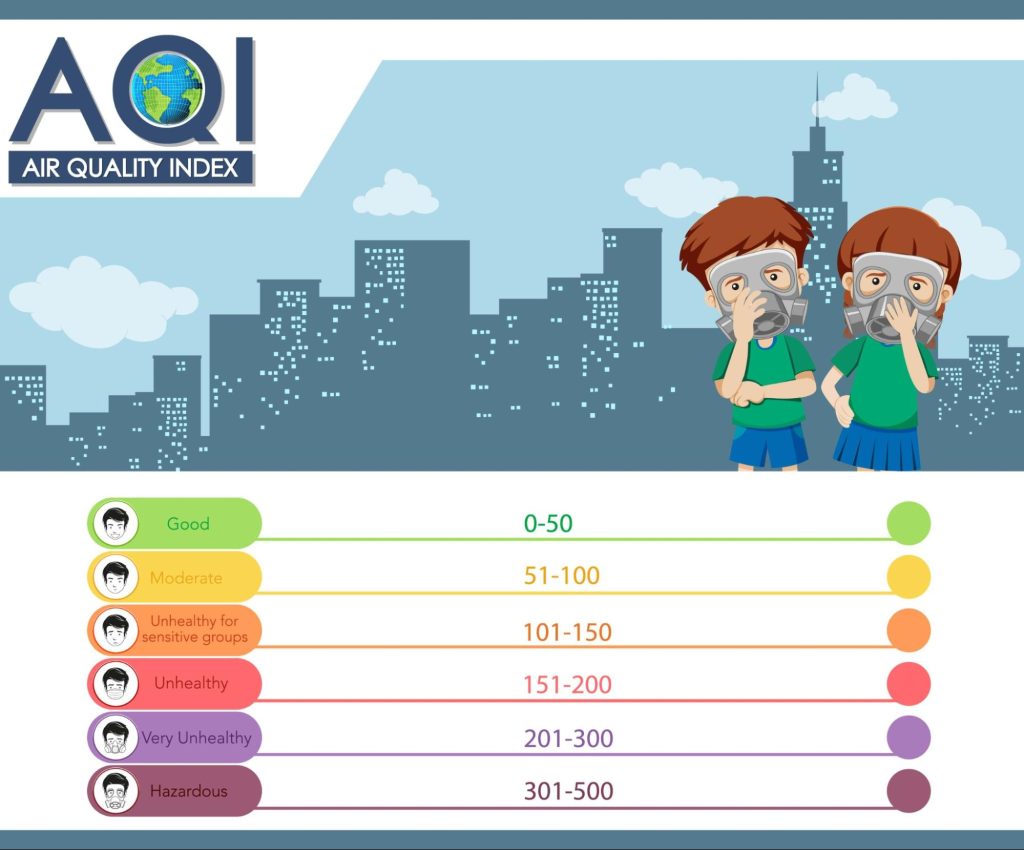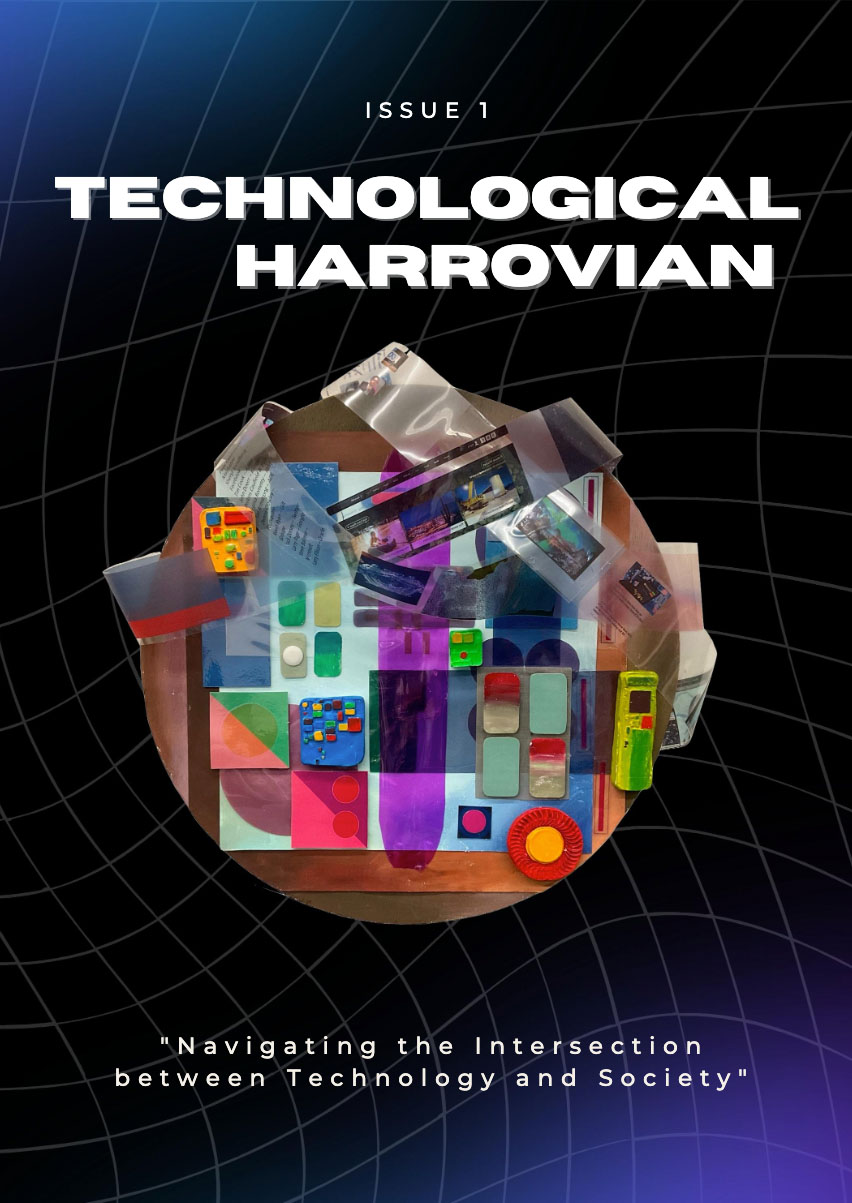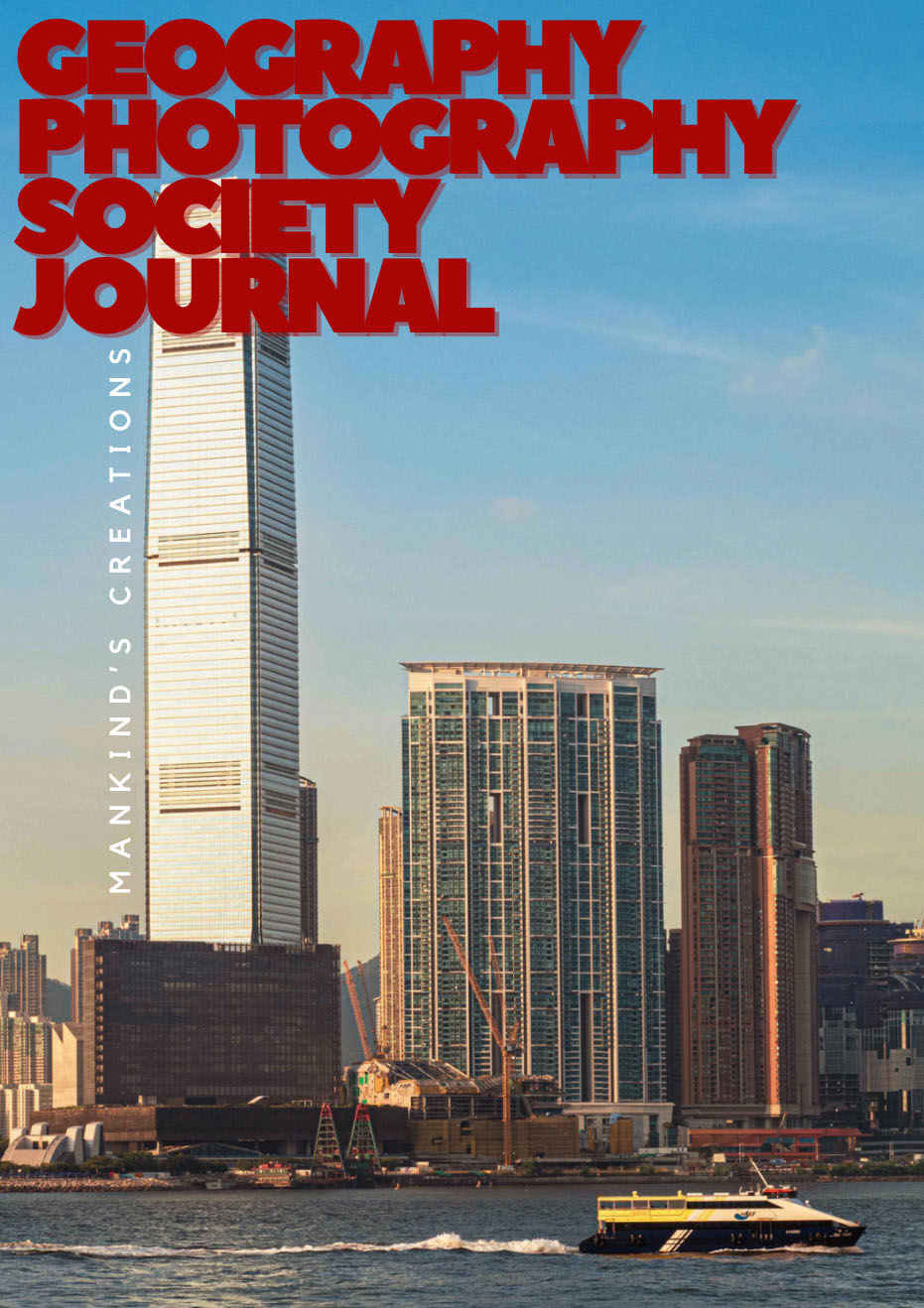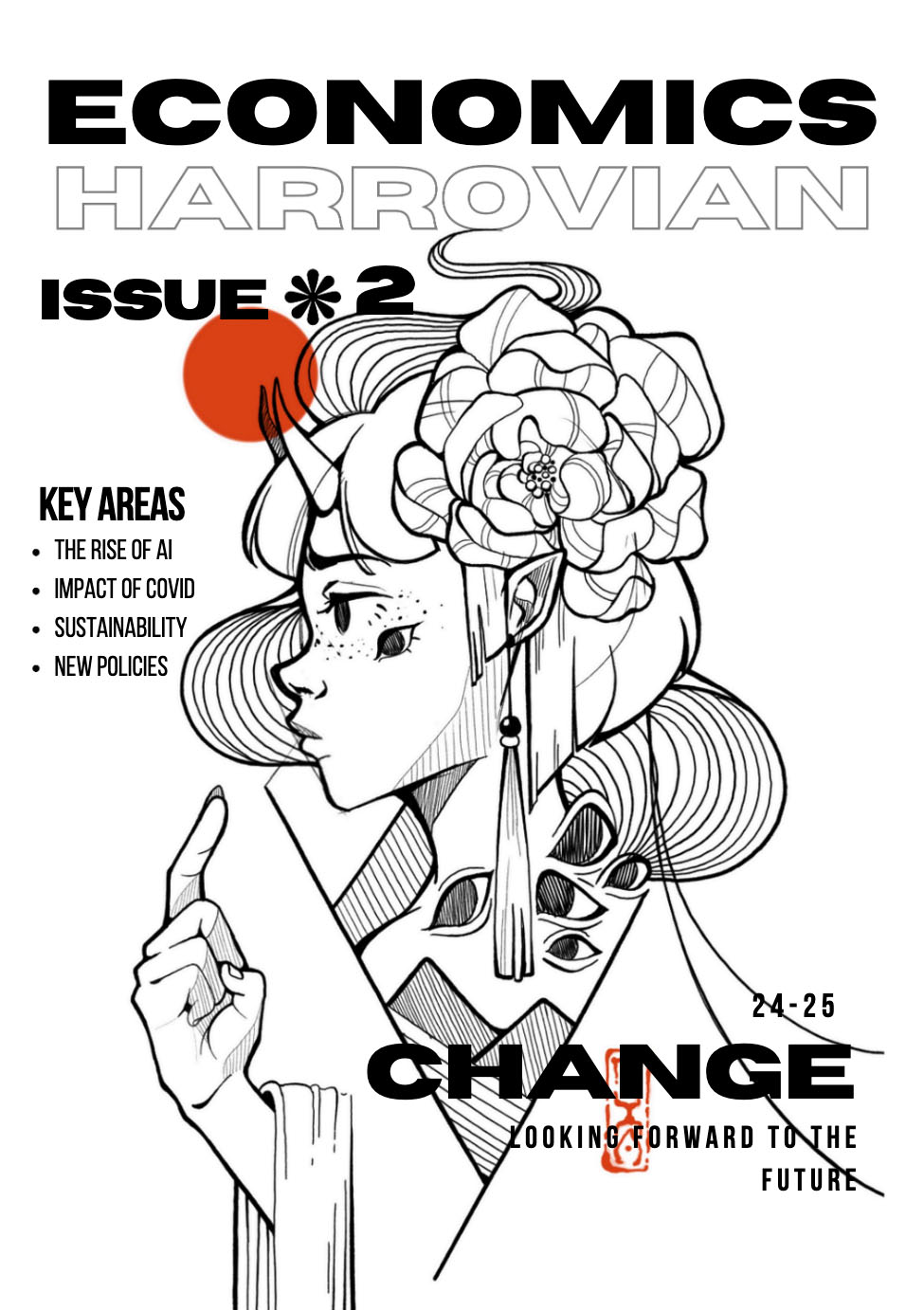Tips for Living in Hong Kong in a Changing Climate
Living and working in Hong Kong is quite remarkable given its energetic cityscape and rich cultural tapestry. Still, it is clearly changing, much like the majority of the planet. Part of the changing environmental backdrop includes warmer temperatures, more severe typhoons, and rising sea levels. These changes might affect everyday life; so, as a school that gives pupil and family welfare first priority, we believe it is essential to carefully and proactively adjust to make sure everyone thrives.
Here are some useful tips for families either currently living in Hong Kong or those thinking about moving to help negotiate the challenges of living in a changing environment while still appreciating everything this vibrant city has to offer.
Stay Informed About Weather Patterns
With a subtropical climate, Hong Kong has seasonal typhoons, warmer, humid summers, and milder winters. Typhoon strength has occasionally reached unheard-of levels in recent years, making weather patterns more erratic.
Monitoring weather updates from trustworthy sources like the Hong Kong Observatory, which offers accurate forecasting and alerts, is crucial if one wants to keep ahead of these changes. Downloading weather applications with real-time severe condition notifications helps many families as well. Being prepared helps assure everyone’s safety and avoid interruption to everyday activities.
Prepare for Typhoon Season
Typhoon season normally spans from June to October, and although many are used to it, the ferocity of storms has grown in recent years. Ensuring your family and home are prepared is crucial.
Create a Typhoon Kit: Stock up on necessities such as bottled water, non-perishable food, torches, batteries, and a first-aid kit.
Secure Your Home: Check windows, doors, and balconies for any possible threats. Moving outdoor furniture inside and strengthening glass windows with tape might help avoid damage. Follow School Guidance: At Harrow Hong Kong, we offer clear communication to families about closures or changes during extreme weather, ensuring the safety of children is always first.

Keep Cool During Heatwaves
Summers in Hong Kong are growing hotter, with record-breaking temperatures becoming regular. Families should be wary of the hazards connected with extended heat exposure, especially for small children.
Hydration Is Key: Encourage children to drink lots of water throughout the day, particularly during outside activities. Avoid sugary or caffeinated beverages, which may lead to dehydration.
Dress Appropriately: Lightweight, breathable materials are great for remaining cool in the heat. Hats and sunglasses can give extra protection while outside. Plan Activities Wisely: Outdoor play is important but should be arranged during cooler parts of the day, such as early morning or late afternoon.

Make Sustainable Choices
One of the most significant ways to adapt to a changing environment is by adopting more sustainable practices. Hong Kong provides several possibilities to lower your environmental impact while contributing to a healthy world for future generations.
Energy Efficiency at Home: Simple efforts such as utilising energy-efficient appliances, shutting off lights when not in use, and setting air conditioners to a moderate temperature may make a considerable impact.
Reduce Waste: Recycling is strongly promoted in Hong Kong, with collection containers accessible for paper, plastic, and metal. Many families also find composting a gratifying method to control food waste.
Support Local: Purchasing locally produced products decreases the carbon footprint involved with shipping items and benefits the community.
Our school actively supports sustainability via activities such as recycling programmes, and eco-awareness projects. These activities are aimed to motivate learners and families to take meaningful action.
Consider Air Quality
Air quality is an issue in many metropolitan areas, and Hong Kong is no exception. Changes in weather patterns and geographical variables may sometimes lead to poor air quality, which can affect people with respiratory sensitivity.
Monitor Pollution Levels: Apps such as AirVisual and the Environmental Protection Department’s website give information on air quality.
Minimise Outside Exposure: On days when air quality is bad, outside activity should be minimised, especially for smaller children.
Invest in Air Purifiers: Many families use air purifiers at home to assure healthier indoor air, particularly in bedrooms and common spaces.
We check air quality carefully and make modifications to outside activities as required to safeguard the health of our pupils.

Embrace Green Spaces
Despite its urban density, Hong Kong is home to a multitude of natural areas that give a reprieve from the city’s bustle. Spending time in nature is not only delightful but also healthy for physical and mental wellness.
Explore Country Parks: Places like Sai Kung East Country Park and Lantau Island provide splendid hiking paths, waterfalls, and picnic places.
Visit Urban Parks: Victoria Park and Kowloon Park are great for families seeking a calm outdoor environment closer to home.
Engage in Outdoor Learning: At Harrow Hong Kong, we incorporate outdoor learning throughout our curriculum, helping pupils acquire a respect for nature and environmental care.
Teach Climate Awareness to Children
Educating young people about climate change and its consequences is crucial for building a feeling of responsibility and empowerment. Schools play a critical role in this, and at Harrow Hong Kong, we make environmental education a fundamental element of the learning experience.
Build a Community Response
Adapting to a changing climate is a shared duty, and strong communities are vital for creating resilience. In Hong Kong, neighbours typically band together during bad weather occurrences or environmental initiatives.
Plan for the Long Term
While immediate measures are crucial, long-term planning is equally critical. Families should explore how housing, transport, and lifestyle choices might be changed to meet the demands of a changing environment.
Choose Resilient Housing: When picking housing, consider issues such as elevation, flood risk and energy efficiency. Properties developed with sustainable characteristics can provide superior protection against harsh weather.
Opt for Public Transport: Hong Kong’s substantial public transport network provides an ecologically responsible alternative to private automobiles. Walking or cycling for short distances may also lower emissions while increasing physical health.
Living Sustainably in Hong Kong
Living in Hong Kong provides a range of possibilities, from its bustling cultural scene to its world-class education. By taking proactive actions to adapt to the city’s changing environment, families can continue to enjoy all that this special region has to offer while preserving their health and welfare.

 360° TOUR
360° TOUR 











